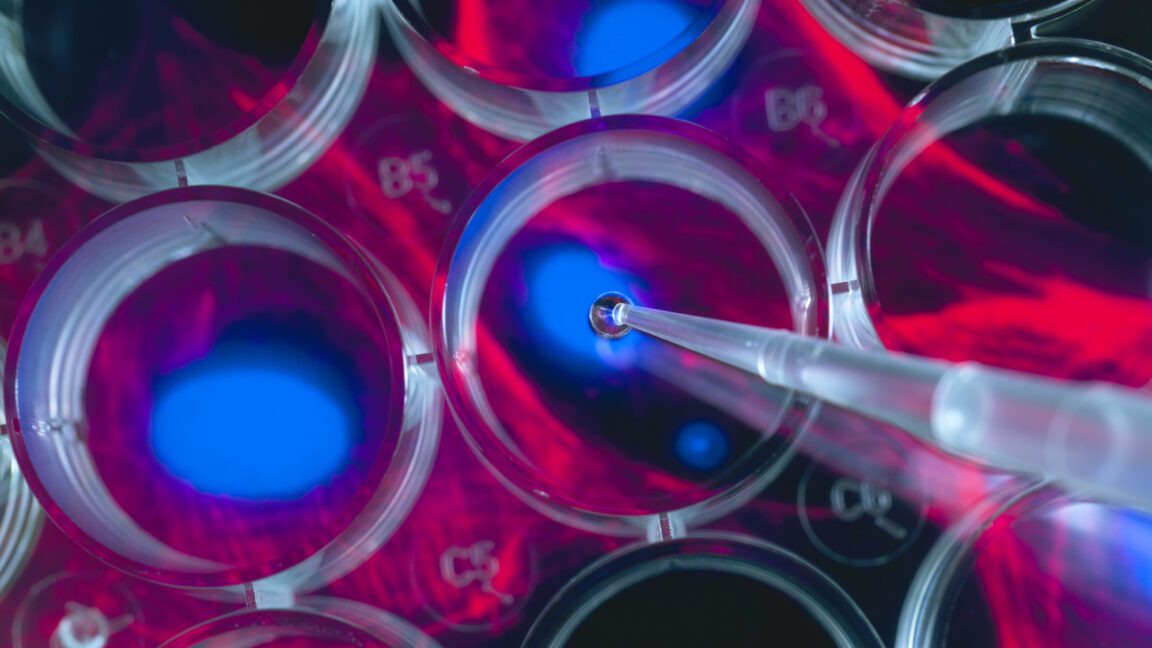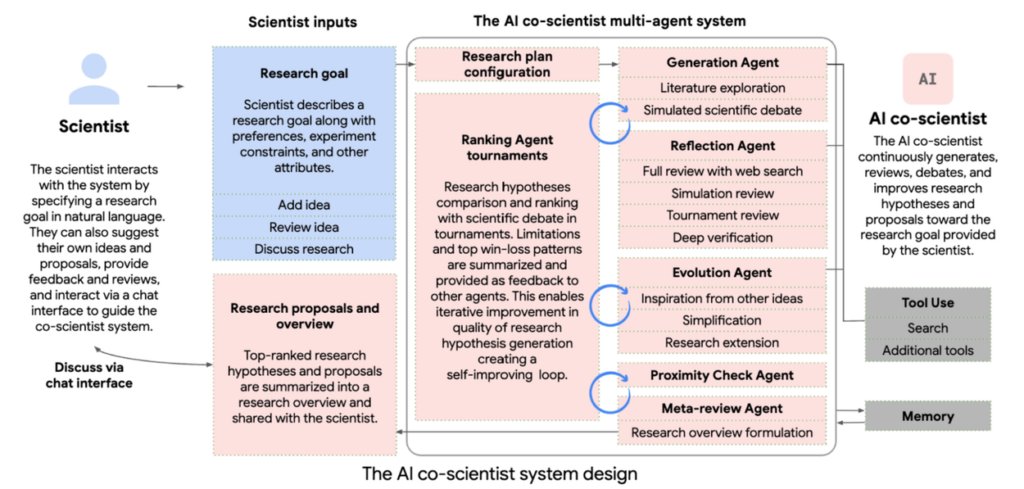
In recent years, Google has aggressively integrated generative AI into a wide array of its products and initiatives. From robots that summarize search results to virtual assistants that interact with your apps and analyze mobile data, the company is pushing the boundaries of AI. Surprisingly, the outcomes generated by these AI systems can be impressively accurate, even if they lack genuine understanding. But are they capable of doing science?
Google Research is now exploring the idea of AI as a “co-scientist.” With the development of a new multi-agent AI system derived from Gemini 2.0, the focus is on assisting biomedical researchers by suggesting new hypotheses and research areas. Despite its capabilities, Google’s AI co-scientist can be likened to a sophisticated chatbot.
To utilize Google’s co-scientist, a living scientist would provide their research objectives, insights, and references to previous studies. This input enables the AI to suggest potential research directions. The AI co-scientist employs an array of interconnected models that sift through the provided data and access online resources, allowing it to enhance its suggestions. Within this mechanism, different agents engage in a process of challenge and improvement, creating a “self-improving loop.” This framework is comparable to emerging reasoning AI models like Gemini Flash Thinking and OpenAI o3.
Although this system remains a generative AI, it lacks true creativity or knowledge. However, it can draw from existing data to offer useful suggestions. At the conclusion of its process, Google’s AI co-scientist produces research proposals and hypotheses. Scientists can engage with the AI and discuss these proposals through a chatbot interface.

The architecture of Google’s AI co-scientist.
You can regard the AI co-scientist as a sophisticated brainstorming partner. Just as you might collaborate with a consumer AI for event planning ideas, researchers can now generate new scientific questions and concepts using AI specifically designed for that purpose.
Evaluating AI in Science
Current AI technologies are often criticized for their accuracy. Generative AI can produce information even when it lacks sufficient training data, and relying on additional AI for fact-checking doesn’t always resolve these issues. The AI co-scientist engages in an internal evaluation process to enhance output quality, and Google claims that its self-assessment ratings relate to increased accuracy in scientific results.
While the internal evaluations are informative, it’s pivotal to consider feedback from actual scientists. Human biomedical researchers assessed the AI’s proposals and reportedly rated the AI co-scientist more favorably than other, less specialized AI systems. These experts also recognized that the outputs from the AI co-scientist demonstrated superior potential for impact and originality compared to standard AI technologies.
This doesn’t imply that all the AI’s recommendations are flawless. Nonetheless, Google has collaborated with various universities to validate some of the AI’s research suggestions. For instance, the AI recommended repurposing specific drugs for treating acute myeloid leukemia, an idea that showed promise during laboratory tests. Additionally, research conducted at Stanford University indicated that the AI co-scientist’s insights regarding treatment for liver fibrosis warranted further investigation.
This work is indeed exciting, but referring to the system as a “co-scientist” may be somewhat overstated. Despite claims from AI pioneers that we are on the brink of developing sentient machines, AI is far from conducting independent scientific research. However, the AI co-scientist has the potential to aid scientists in interpreting vast data sets and research landscapes, even though it cannot genuinely comprehend or provide authentic insights.
Google indicates that it seeks to involve more researchers with this AI system in hopes of facilitating genuine research breakthroughs. Interested individuals and organizations can apply to join the Trusted Tester program, granting access to the co-scientist interface and an API for integration with existing tools.









